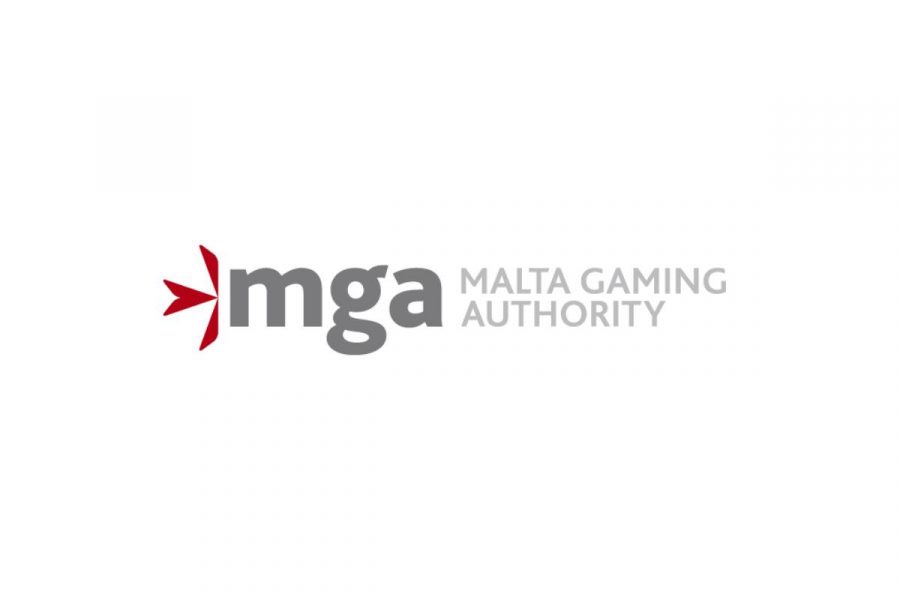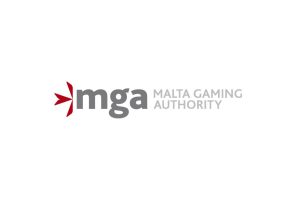Malta Gaming Authority cancels Smart Operations’ B2C gaming licence

The Malta Gaming Authority has said that Smart Operations breached its gaming regulations.
Malta.- The Malta Gaming Authority (MGA) has confirmed that it has cancelled Smart Operations’ B2C gaming licence due to a breach of regulations.
The MGA said the cancellation took effect on April 31 under regulation 10 of its Gaming Compliance and Enforcement Regulations.
It said Smart Operations had breached regulation 9(1), which means it failed to comply with mandatory terms under Malta law, did not adhere to financial commitments or did not make payments to the MGA in an appropriate timeframe.
Smart Operations was licensed to offer casino games and fixed-odds betting. It can no longer operate, accept new deposits or allow new players to register. It must, however, give existing players access to their accounts and must refund all amounts outstanding.
The MGA announced in February that it had cancelled seven licences in the first half of 2020.
Malta Gaming Authority to lower minimum RTP for igaming
The Malta Gaming Authority (MGA) has announced that it will lower the minimum return-to-player (RTP) percentage on online random number generator games from 92 per cent to 85 per cent.
The change brings the limit for online casino in line with Malta’s land-based sector.
The MGA said the move would give operators and suppliers flexibility when offering games in jurisdictions that have high tax rates, helping to avoid the need for each game to be substantially adapted.
The regulator conducted a closed consultation on the change, asking selected operators and suppliers for feedback on the effects of lowering the threshold.
It said all respondents had welcomed the proposal, although two operators believed there should be no minimum threshold, as is the case in many jurisdictions.
There were differences in opinion as to the ideal RTP. Some operators said it was around 92 per cent while some suggested it should be as low as 75 per cent.
The MGA said: “One respondent clarified that removing the RTP requirement does not mean that operators will no longer strive to maintain adequate RTP levels to avoid risks relating to the well-being of customers, as the market conditions will force the industry to maintain an appropriate RTP standard.
“Another respondent pointed that other licensing jurisdictions have a lower RTP than that envisaged in the Maltese legal framework, with some not even requiring adherence to a minimum RTP requirement; according to this respondent, this might have an impact on the competitiveness of the Malta licence.
“In general, respondents said that an RTP of 85 per was likely to be applied only to specific games, and that most would still have an RTP as high as 96 per cent. However, they said that the ability to apply different rates on different games and in different regions would allow them to offer an optimal playing experience.”
As a result of the consultation, the MGA will modify Article 22 of its Directive to read: “A B2C licensee offering games online which use repetitively generated random selection for determining winning combinations to players, in accordance with the way in which the games offered thereby are designed, shall pay out on average a prize amounting to eighty-five per centum (85%) or more of the money or money’s worth wagered, or any such higher percentage as may be stipulated through a condition of the licence.”
Suppliers are likely to use the change to produce games with lower RTPs for jurisdictions with high tax rates, such as Germany, where the tax rate for the new online gaming market has been set at 5.3 per cent on online slots turnover. Suppliers said it could take several weeks to implement the change.
Meanwhile, some operators are likely to lower RTP while introducing other means to remain competitive, for example new bonus strategies.
The MGA said: “The proposed change to the minimum RTP threshold will provide flexibility to operators that would be free to apply various RTPs as desired based on, inter alia, market conditions and competition levels.
“B2B operators highlighted that the process of introducing various RTPs might take several weeks and resources, therefore suggesting a streamlined process that would allow game providers to approve amended RTP in a fast and cost-effective manner.”
Meanwhile, the non-profit GamingMalta Foundation has launched a vaccination drive that aims to ensure that workers in the island’s gambling sector are vaccinated against Covid-19.
The foundation, which is run by the Maltese government and the Malta Gaming Authority (MGA), has launched a scheme to allow all employees in the sector to access a vaccine booking schedule.
Some businesses will also have on-site vaccinations under the scheme.
See also: Malta’s FIAU warns over quality of AML data from igaming operators











